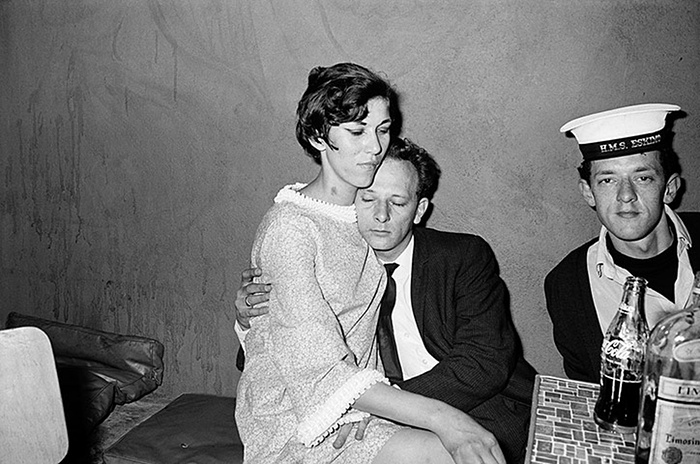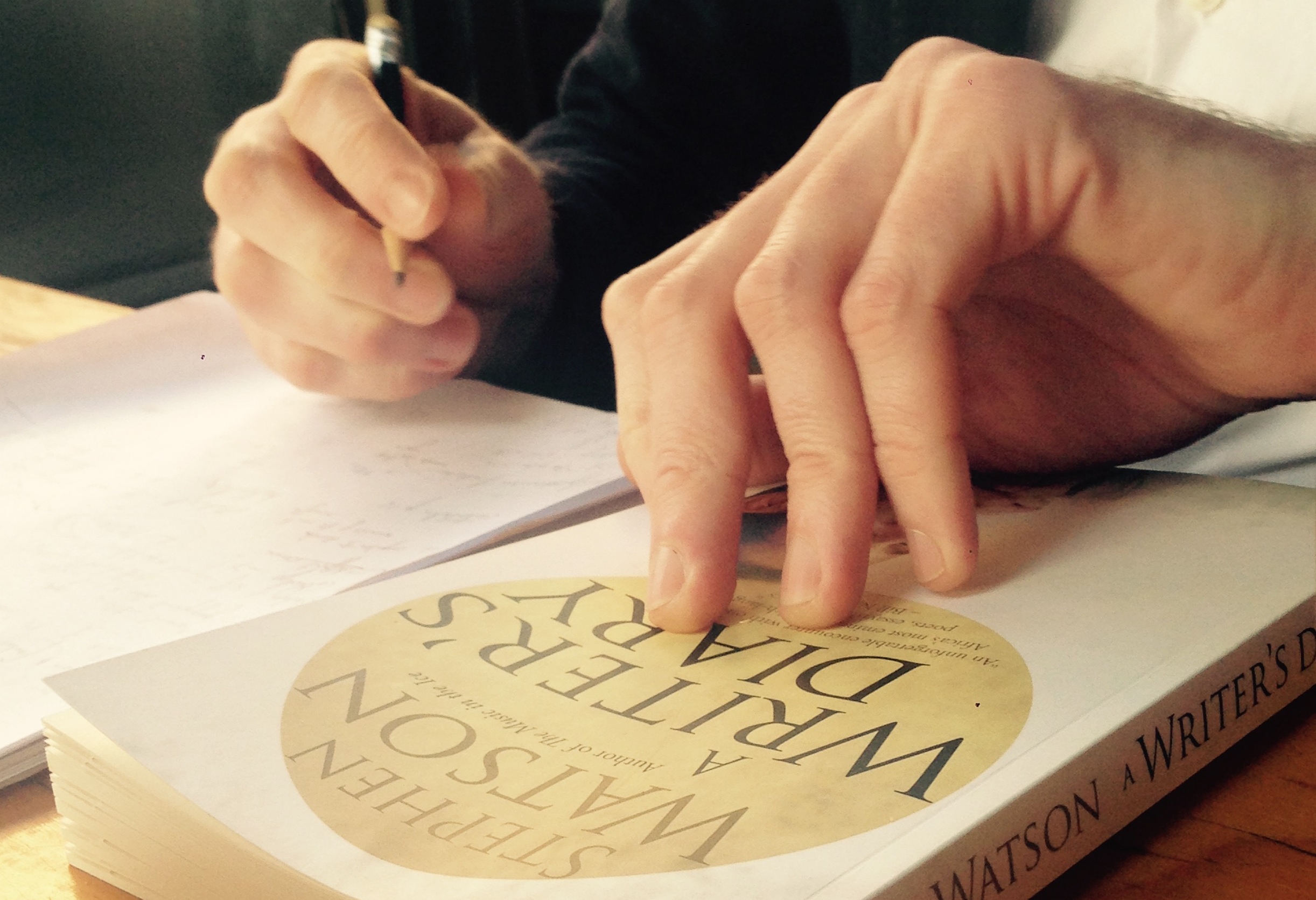Svetlana Alexievich and the nuclear imagination.
Reflecting on Voices from Chernobyl for the South Africa PEN essay series
18 August 2016.
In my twenties I worked for a while as an usher at a small cinema in Edinburgh. My job was to tear tickets, sit through the screening to make sure that projection and sound went ok, then clear up any trash. It was a beautifully pure way of absorbing film: you never paid; you never chose. You never worried whether the person next to you was enjoying it. You were alone, dressed in black, invisible.
I watched hundreds of films in those dark winter afternoons – from Korea and Cameroon, Iran and Italy, Russia and Romania – most of which I have never seen any trace of since. It was an education. One was about a group of three young anti-capitalists who break into the homes of rich businessmen and leave messages that “The Fat Years Are Over” – this is the original German title. At some point the good-looking threesome (they are also in a love triangle) end up kidnapping some heartless industrialist. They take him to a remote cabin and try some political re-education, intent on making him see the error of his ways. (It turns out, of course, that he was once a passionate anarchist in his youth.) I can’t remember how the film ends, but this narrative premise – this fantasy of abducting the powerful and forcing them into dialogue – is one that many frustrated citizens must indulge in at some point...




















